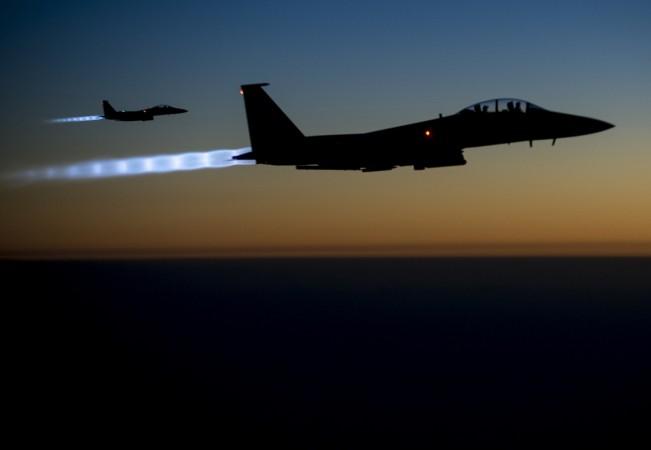
The United States has halted its planned arms sale to Saudi Arabia after citing concerns over civilian casualties in the Yemen war. In what appears to be changing equations amid the nations, America has also decided to limit its military support to the Kingdom's campaign in Yemen, Reuters reported.
Reports also state that the US will change its way of future training of Saudi Arabia's air force to particularly focus on improving precision targetting practices of the Saudi forces to avoid civilian casualties.
The decision taken by President Barack Obama's administration reflects the deepening rift between America and Saudi Arabia over the former's concerns of the Kingdom's practices in war-riddled Yemen. The ongoing battle in Yemen, which has lasted for 20 months, has killed more than 10,000 people in the region and has sparked humanitarian crisis, including chronic food shortages.
Reports state that the block of arms supply to Saudi could further strain the ties between the nations during the last days of the Obama administration. However, the decision taken by the US is not what many Saudi critics had hoped for because a substantial section of the US military relationship with the Kingdom will remain in place.
The US will continue refuelling the Saudi-led coalition aircraft involved in the Yemen campaign and is not blocking all sales of arms to the nation. Reports also state that Washington will also share more intelligence information on the Saudi border with Yemen considering Arabia's security concerns.
Saudi Arabia has been facing cross-border attacks by the Iran-allied Houthi movement. A military coalition led by the Saudi nation intervened in the March 2015 civil war in Yemen and had since launched thousands of airstrikes in the region against the Houthis. Reports state that the war has displaced ten and thousands of people in the poorest nation in the Middle East leaving some dead, wounded and hungry.
According to the rights groups, the Saudi-led coalition has also attacked schools, markets, clinics and factories during their strikes leaving hundreds of civilians dead. However, Saudi Arabia has denied any such attacks and has said that the nation's coalition has tried to reduce the number of civilians casualties in the attacks.
"I think it's a signal but too weak of a signal. As long as they're going to refuel aircraft which is central to the bombing campaign, it's hard to see that they're using all the leverage they have," said William Hartung of the US-based Center for International Policy, while talking about the US decision to cut arms supply.
An official from the Obama administration said that Saudi Arabia's " systemic, endemic" problems in targetting caused the US to block future weapons sales of precision-guided munitions to the nation.
"That's obviously a direct reflection of the concerns that we have about Saudi strikes that have resulted in civilian casualties," the official was quoted as saying by Reuters.










